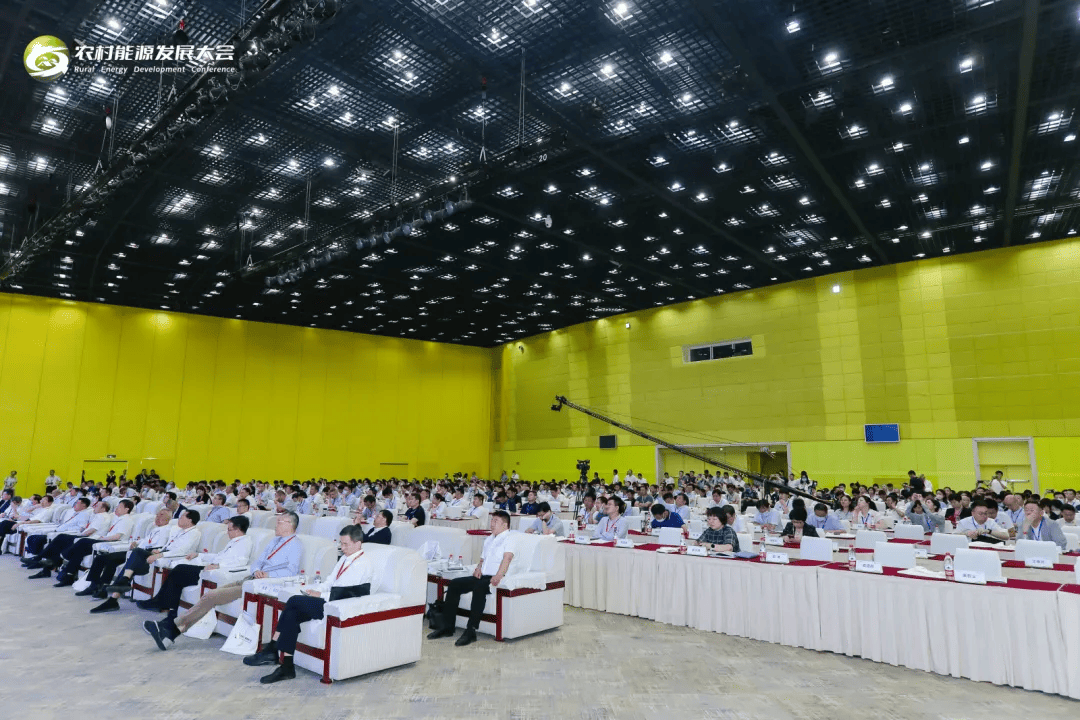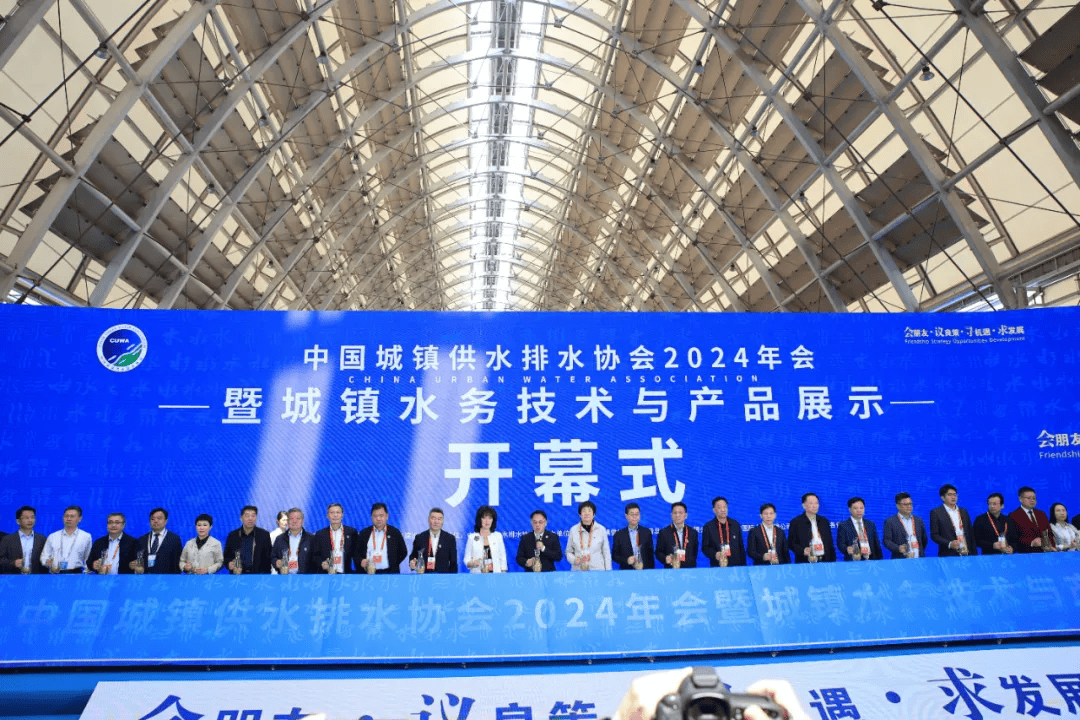The Evolution of Urban Water Management Through Advanced Metering
In the realm of modern city planning and resource management, water meters have emerged as indispensable tools that form the backbone of sustainable urban infrastructure. These sophisticated devices do far more than simply measure water consumption – they represent a critical intersection of technology, conservation, and urban development that shapes how cities manage their most precious resource.
As urban populations continue to grow and climate change presents unprecedented challenges, water meters serve as the first line of defense in promoting responsible water usage and maintaining the delicate balance between supply and demand. Their implementation has revolutionized how municipalities approach water management, leading to more efficient distribution systems and improved resource allocation.
The Technical Foundation of Modern Water Metering Systems
Smart Meter Technologies and Innovation
Modern water meters have evolved far beyond their mechanical predecessors. Today's smart water meters incorporate advanced electronic components, wireless communication capabilities, and sophisticated data analytics. These features enable real-time monitoring, automated reading systems, and unprecedented accuracy in water consumption measurement.
The integration of Internet of Things (IoT) technology has transformed water meters into intelligent sensors that can detect leaks, monitor pressure variations, and provide valuable insights into consumption patterns. This technological leap forward has made it possible for utilities to respond promptly to infrastructure issues and optimize their distribution networks.
Accuracy and Reliability in Measurement
The precision of contemporary water meters is remarkable, with many models achieving accuracy rates of 98% or higher. This level of accuracy is crucial for fair billing practices and effective resource management. Advanced water meters utilize various measurement technologies, including electromagnetic, ultrasonic, and mechanical methods, each suited to different applications and environmental conditions.
Quality control measures and regular calibration protocols ensure that water meters maintain their accuracy throughout their operational lifespan. This reliability is essential for building trust between utilities and consumers while providing accurate data for infrastructure planning and development.

Environmental Impact and Conservation Benefits
Water Loss Prevention and Management
One of the most significant contributions of water meters to urban sustainability is their role in identifying and preventing water loss. Through detailed monitoring and analysis, these devices help utilities detect leaks, unauthorized usage, and system inefficiencies that might otherwise go unnoticed for extended periods.
Advanced metering infrastructure enables the early detection of unusual consumption patterns that may indicate leaks or system failures. This proactive approach to water loss prevention has helped numerous cities reduce their non-revenue water rates and conserve millions of gallons annually.
Promoting Sustainable Consumption Patterns
Water meters serve as powerful tools for promoting conservation awareness among consumers. When people can clearly see their usage patterns and associated costs, they tend to make more conscious decisions about their water consumption. This awareness has led to significant reductions in per capita water use in many communities.
The implementation of water meters, combined with educational initiatives and tiered pricing structures, has proven effective in encouraging sustainable water use practices. Many utilities now provide customers with detailed consumption data through mobile apps and web portals, further enhancing awareness and promoting conservation.
Economic Implications for Urban Development
Infrastructure Planning and Investment
The data collected through water meters plays a vital role in urban infrastructure planning. By analyzing consumption patterns and system performance, cities can make informed decisions about infrastructure investments, capacity upgrades, and maintenance schedules. This data-driven approach helps optimize resource allocation and reduce unnecessary expenditure.
Water meters also contribute to more accurate demand forecasting, enabling cities to plan for future growth while ensuring sustainable resource management. This foresight is particularly valuable in rapidly developing urban areas where infrastructure needs must be carefully balanced with available resources.
Financial Sustainability of Water Utilities
The implementation of water meters has transformed the financial management of water utilities. Accurate measurement and billing ensure fair cost recovery, enabling utilities to maintain and upgrade infrastructure while providing reliable service. This financial stability is crucial for the long-term sustainability of urban water systems.
Modern water meters also help utilities reduce operational costs through automated reading systems, improved leak detection, and more efficient resource allocation. These savings can be reinvested in infrastructure improvements and conservation programs, creating a positive cycle of system enhancement.
Social Impact and Community Engagement
Public Awareness and Education
Water meters serve as valuable educational tools, helping communities understand their water consumption patterns and the importance of conservation. Many utilities use metering data to develop targeted education programs and conservation initiatives that resonate with their specific communities.
Through transparent billing and usage reporting, water meters help build trust between utilities and consumers. This transparency is essential for gaining public support for water conservation initiatives and infrastructure improvements.
Social Equity and Access
The implementation of water meters has helped address issues of social equity in water access and pricing. Accurate measurement ensures that consumers pay only for what they use, while tiered pricing structures can provide essential services at affordable rates while discouraging excessive consumption.
Water meters also help utilities identify areas of high water stress or inadequate service, enabling more equitable resource distribution and infrastructure development across different communities.
Frequently Asked Questions
How do smart water meters differ from traditional meters?
Smart water meters incorporate advanced digital technology, wireless communication capabilities, and real-time monitoring features. Unlike traditional mechanical meters, they can automatically transmit readings, detect leaks, and provide detailed consumption data through digital interfaces, making them more efficient and user-friendly.
What is the typical lifespan of a water meter?
Modern water meters typically last between 15 to 20 years, depending on water quality, usage patterns, and environmental conditions. Smart meters may have shorter lifespans of 10-15 years due to their electronic components, but they offer enhanced functionality and data collection capabilities that justify the investment.
How do water meters contribute to leak detection?
Water meters can detect unusual consumption patterns that may indicate leaks. Smart meters can identify continuous flow during periods when water use should be minimal, such as late night hours. Many advanced systems can even send automated alerts to both utilities and consumers when potential leaks are detected, enabling prompt response and repair.







